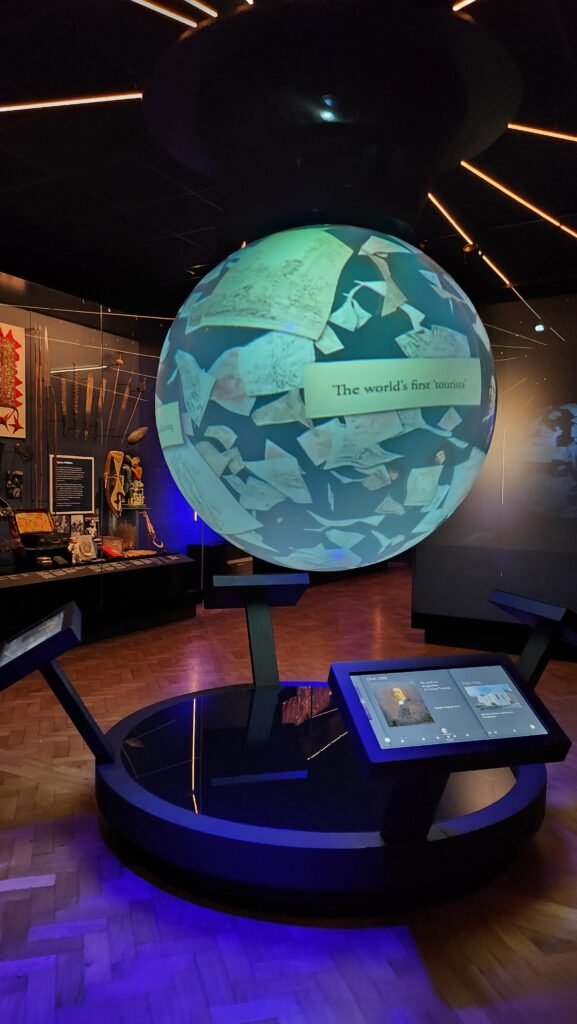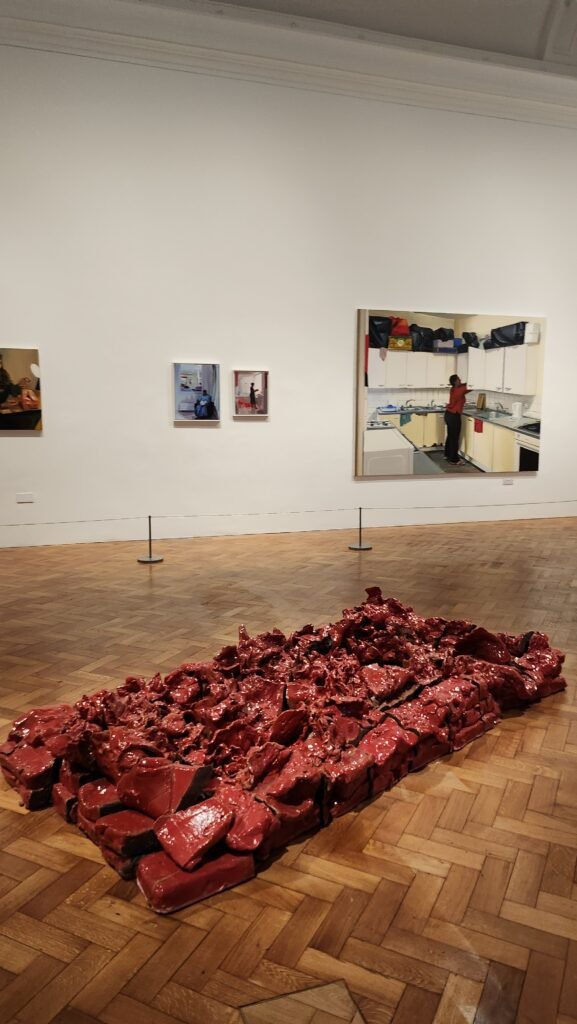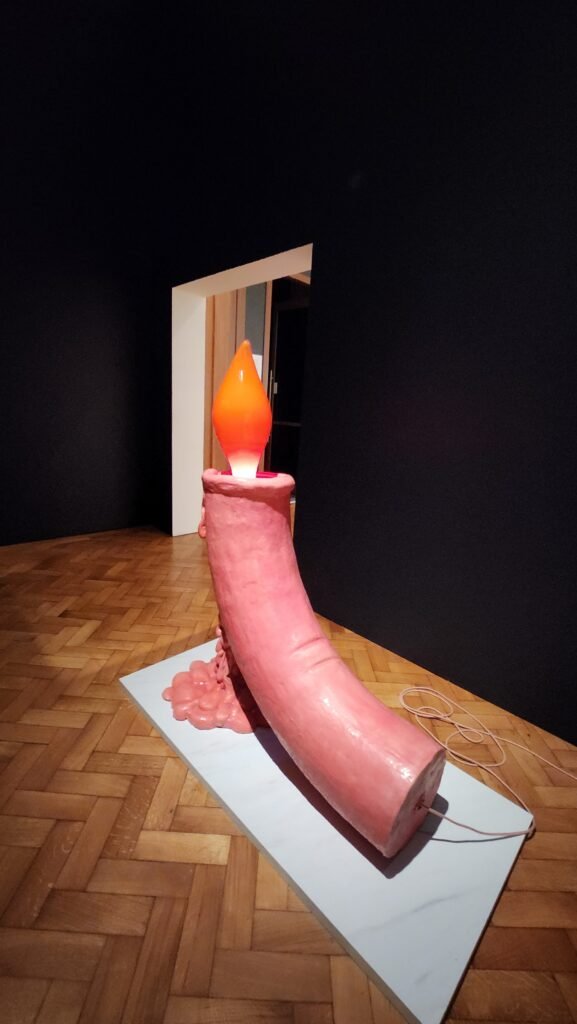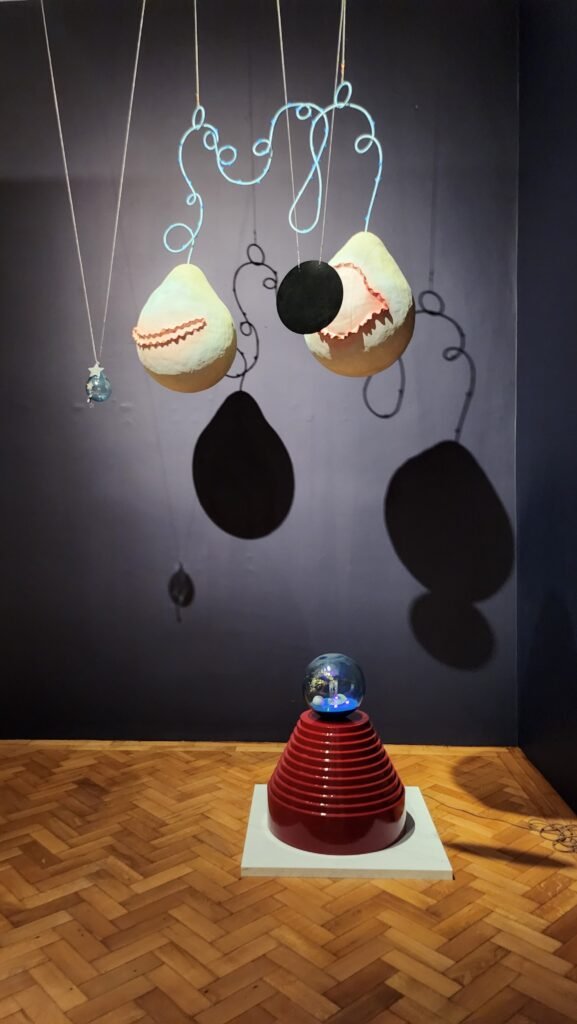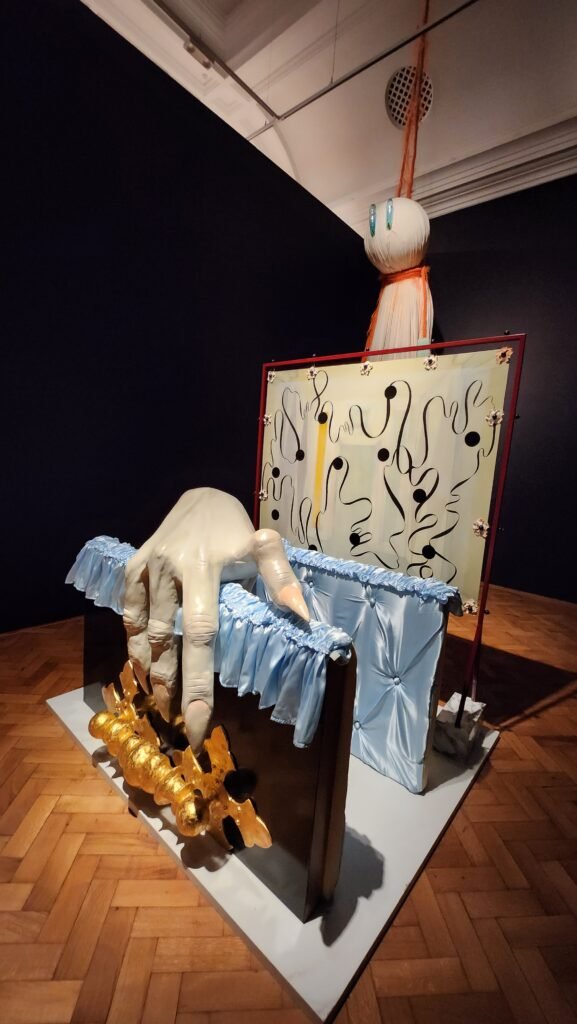Space transformation
The concept of social sustainability theory, which suggests that design should reflect the values and needs of diverse communities to promote a sense of belonging, empowerment, and well-being.
Social Sustainability
a design approach that promotes sustainable and inclusive societies by reflecting the values and needs of diverse communities
Community engagement
involving and collaborating with local residents, stakeholders, and other interested parties in the design and decision-making process
Placemaking
a process that involves understanding the needs and aspirations of people in a particular space and working with the community to create functional, attractive, and sustainable public spaces
Collaboration
working with others to achieve a common goal or vision
Design
the process of creating products, systems, or environments that meet the needs and desires of people
Strategy
a plan of action for achieving a particular goal or vision
Vision
a clear and inspiring image of the desired future state
METACOGNITION | PERSONAL GROWTH | SELF-AWARENESS
The social sustainability theory focuses on the role that design can play in promoting a more sustainable and inclusive society. It argues that design should reflect the values and needs of diverse communities and promote a sense of belonging, empowerment and well-being. Environmental psychology explores the relationship between people and their physical environment. It suggests that design makes a change and has a significant impact on human behaviour, emotions and well-being. . My project focuses on placemaking, which is associated with philosophy and a process that involves understanding the needs and aspirations of people in a particular space by observing, listening, and asking questions. It involves working with the community to create a vision and strategy for improving public spaces, starting with short-term experimental improvements that bring benefits and inform longer-term changes (Project for Public Spaces, 2022). It emphasises the role of community engagement and collaboration in shaping the built environment and creating spaces that reflect the needs and values of the people who use them. Placemaking considers the cultural, social, and economic aspects of a place and seeks to create spaces that are functional, attractive, and sustainable.
However, at the beginning of the process, I decided to use the simple and easy for me at this stage of research, an observational method to study. Thus, I visited local public spaces, observing and recording behaviours and attitudes to gain a deeper understanding of the space’s significance to the local community. The Box in Plymouth is a local dynamic and cultural space that showcases the rich heritage and cultural identity of Plymouth and the surrounding region. During this visit, I explored the broad collection of artefacts, installations and artistic exhibitions. Walking around the various rooms, I noticed a sensorial experience with specific sounds in the background adjusted to a particular context of the theme. I discovered a specific atmosphere achieved by music effects, which enhanced my experience. The installation allows the viewer to touch materials, watch scenes and movies, and sit and immerse in an imaginary environment.
Devonport Library
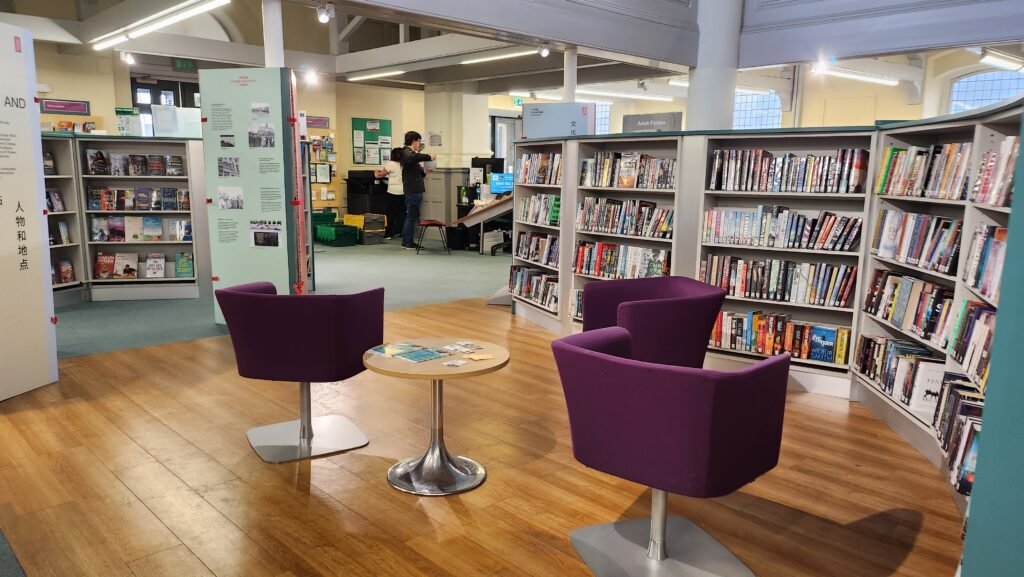
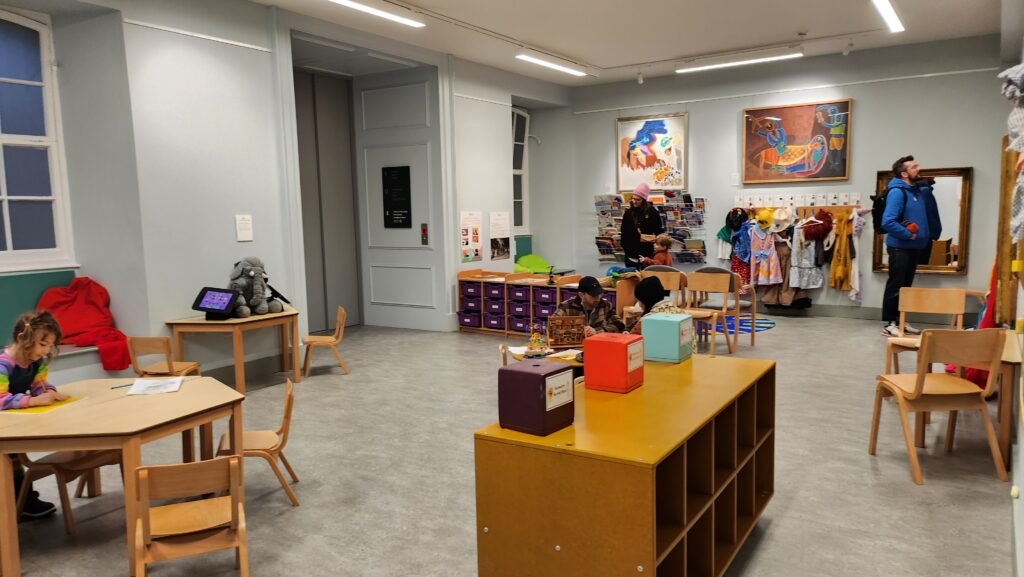
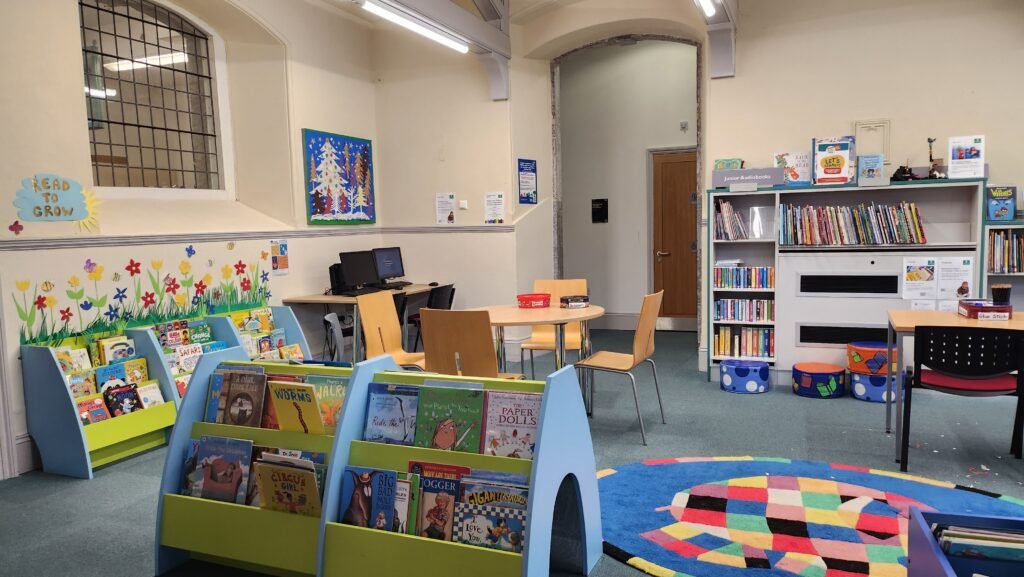
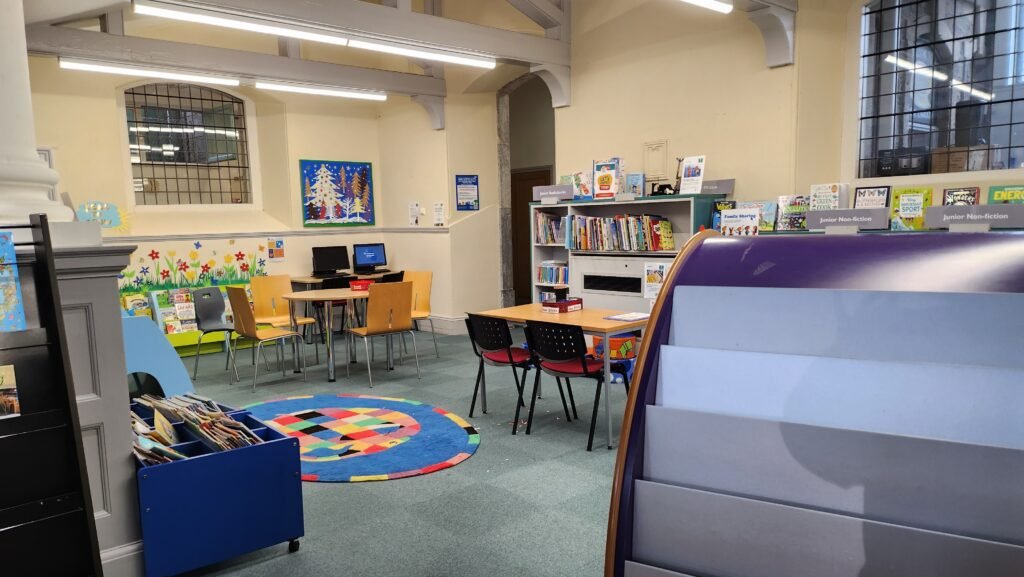
Breaking Barriers: How Social Transformation and Empowerment Lead to Personal Growth
How you’re changing our lives?
Mindset change
Reflection
The Soul of Space: How Placemaking Goes Beyond the Physical Environment
The Box Plymouth
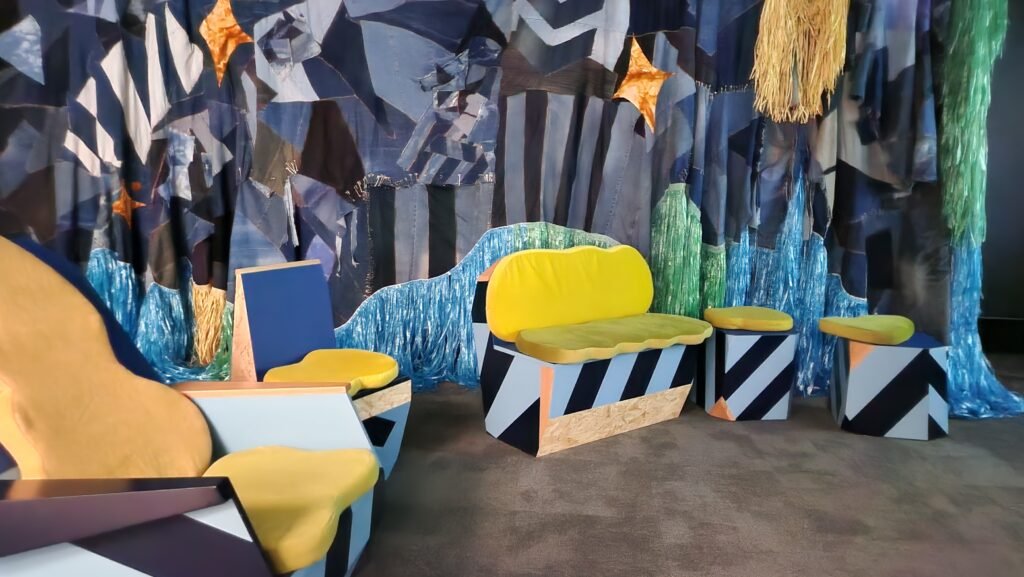
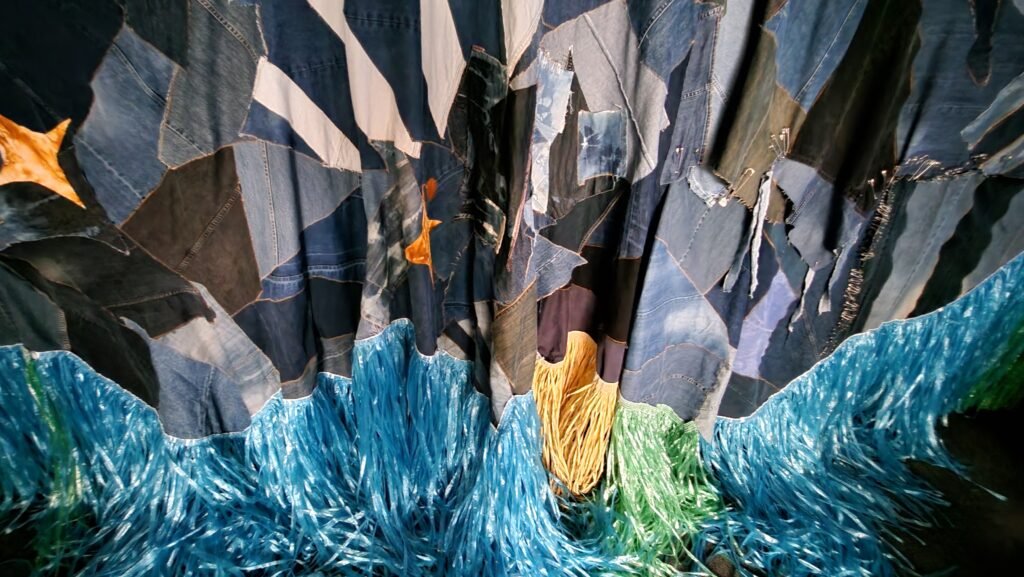
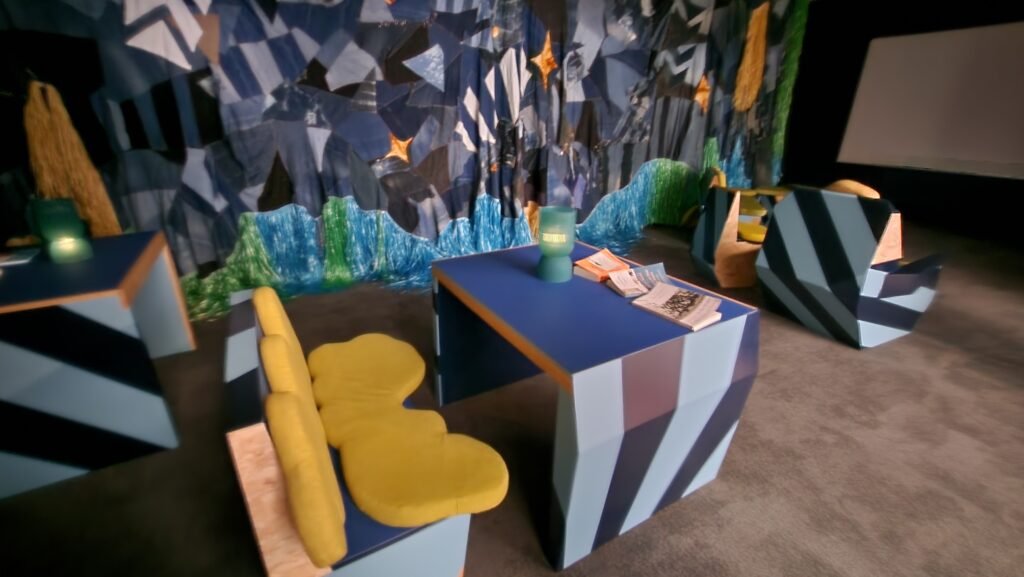
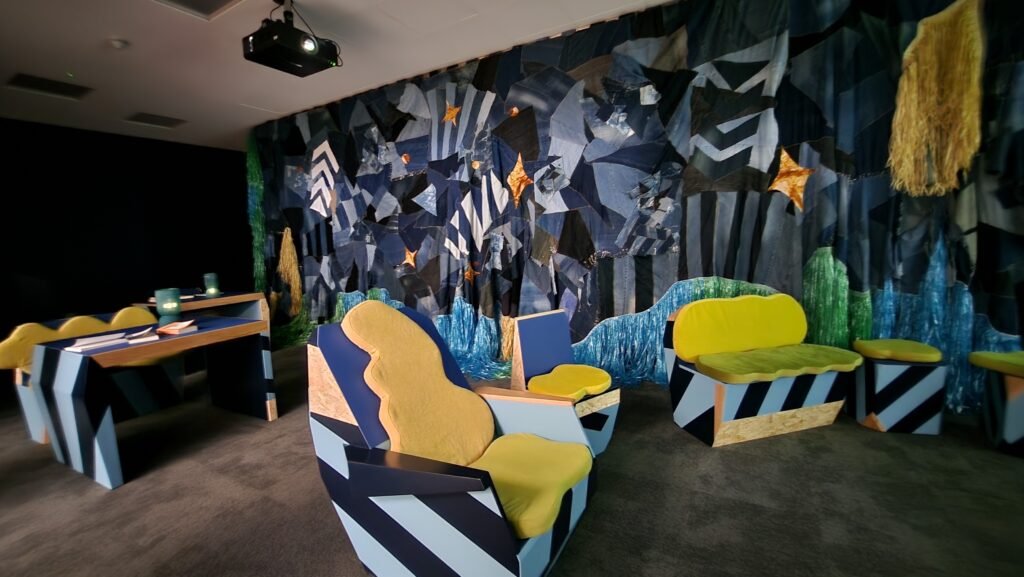
the future of transformative learning
A significant trend in the future of transformative learning can growing emphasis on social and cultural awareness. As issues of diversity, equity, and inclusion continue to gain prominence in society, transformative learning is likely to play an increasingly important role in promoting empathy, understanding, and social change.
